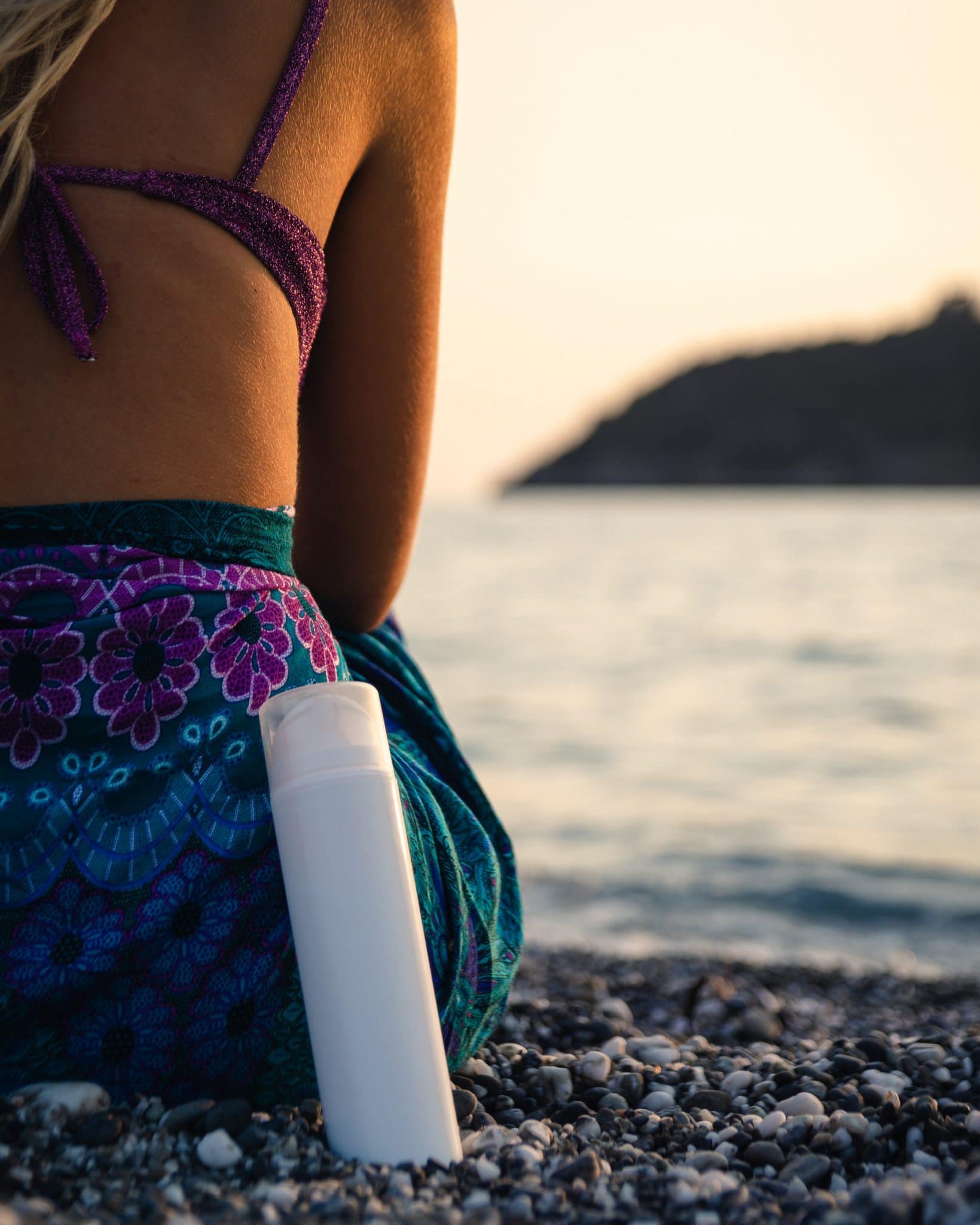Spending time outside is what summer is all about. But too much exposure to ultraviolet (UV) rays from the sun can be harmful; they can lead to sunburns, eye damage, wrinkles and even skin cancer. You can still enjoy your time outdoors this summer by following the tips outlined below.
Safely Enjoying the Outdoors 
Below are the top three tips our ear, nose and throat experts recommend to keep your skin safe all summer long.
Find the Shade
Limit your exposure to sunlight during the time of day when UV rays are the strongest, between 10am and 4pm.
Use Sunscreen
Broad-spectrum sunscreen with an SPF of at least 30 should be your number one accessory this summer. Make sure to apply the sunscreen every two hours as well as immediately after swimming or sweating.
Cover Up
Wearing a wide-brimmed hat and clothing when out in the sun can help protect your skin. Sunglasses can help protect your eyes; our experts recommend selecting a style that wraps around the face, as they can block out at least 99 percent of UV light.
Selecting the Right Sunscreen
There are hundreds of brands and styles of sunscreen on the market, which can make choosing the right one difficult. While no sunscreen will protect you completely, there are some factors that make some better than others. The U.S. Food and Drug Administration requires all sunscreens to follow these labeling guidelines.
Broad-Spectrum Protection
This means the sunscreen protects against UVA and UVB rays. While all sunscreen protects against UVB rays, the main cause of sunburns, UVA protection is important as these rays can cause skin cancer and premature aging.
Selecting a sunscreen that is labeled “broad spectrum” is crucial. Options that only protect against UVB are legally required to place a warning label on their packaging.
SPF 30 or Higher
The SPF number is the level of protection the sunscreen provides against UVB rays. The higher the number, the more protection it provides. It is important to note that after a certain number, the difference becomes smaller.
- SPF 15 filters out 93 percent of UVB rays.
- SPF 30 filters out 97 percent of UVB rays.
- SPF 50 filters out 99 percent of UVB rays.
- SPF 100 filters out 99 percent of UVB rays.
No sunscreen offers 100 percent protection. Any product below SPF 15 is legally required to carry a warning.
Water Resistant vs. Waterproof
There is no waterproof sunscreen. Those labeled as water resistant must include information about how long they last while sweating or swimming; they either last for 40 or 80 minutes.
You should reapply your sunscreen every two hours, more often if you are sweating or swimming. When you towel off, you will usually rub off your sunscreen, so you should reapply immediately.
Expiration Dates
All sunscreens come with an expiration date printed on its packaging. Always check this date before applying. Most sunscreens will last for two to three years. But if the sunscreen is exposed to heat for long periods, like sitting in a hot car, it may not work as well.
To learn more about protecting yourself from skin cancer this summer or to schedule an appointment with an ear, nose and throat expert, contact Carolina Ear, Nose, Throat, Sinus & Allergy today.
